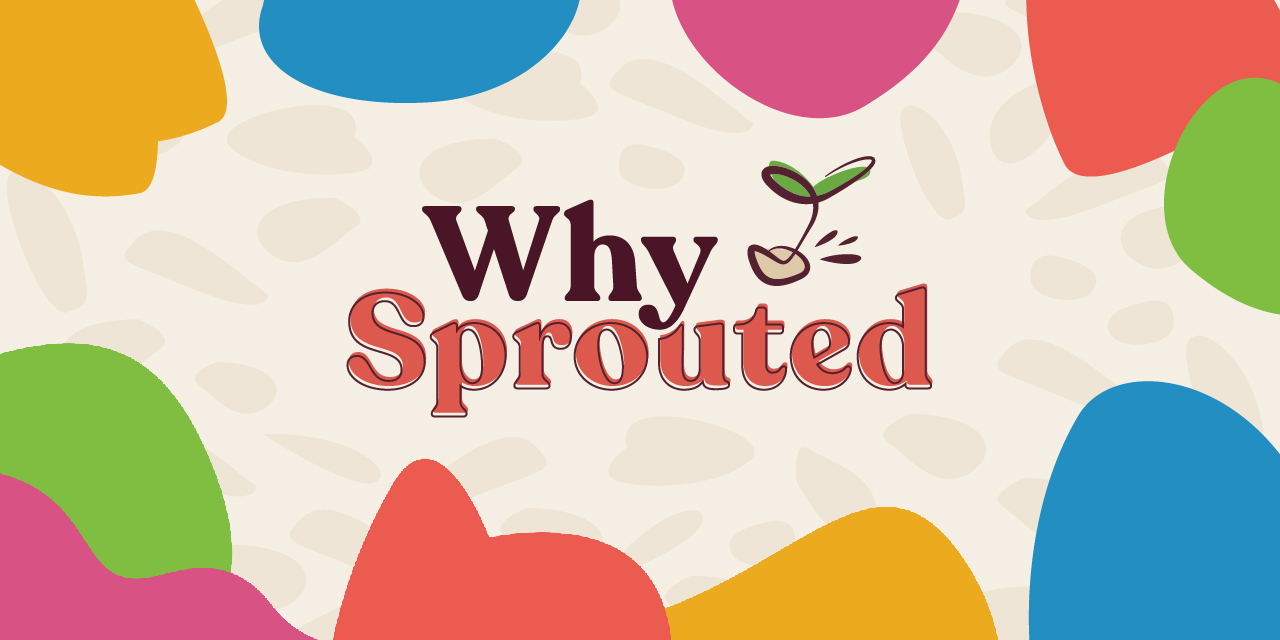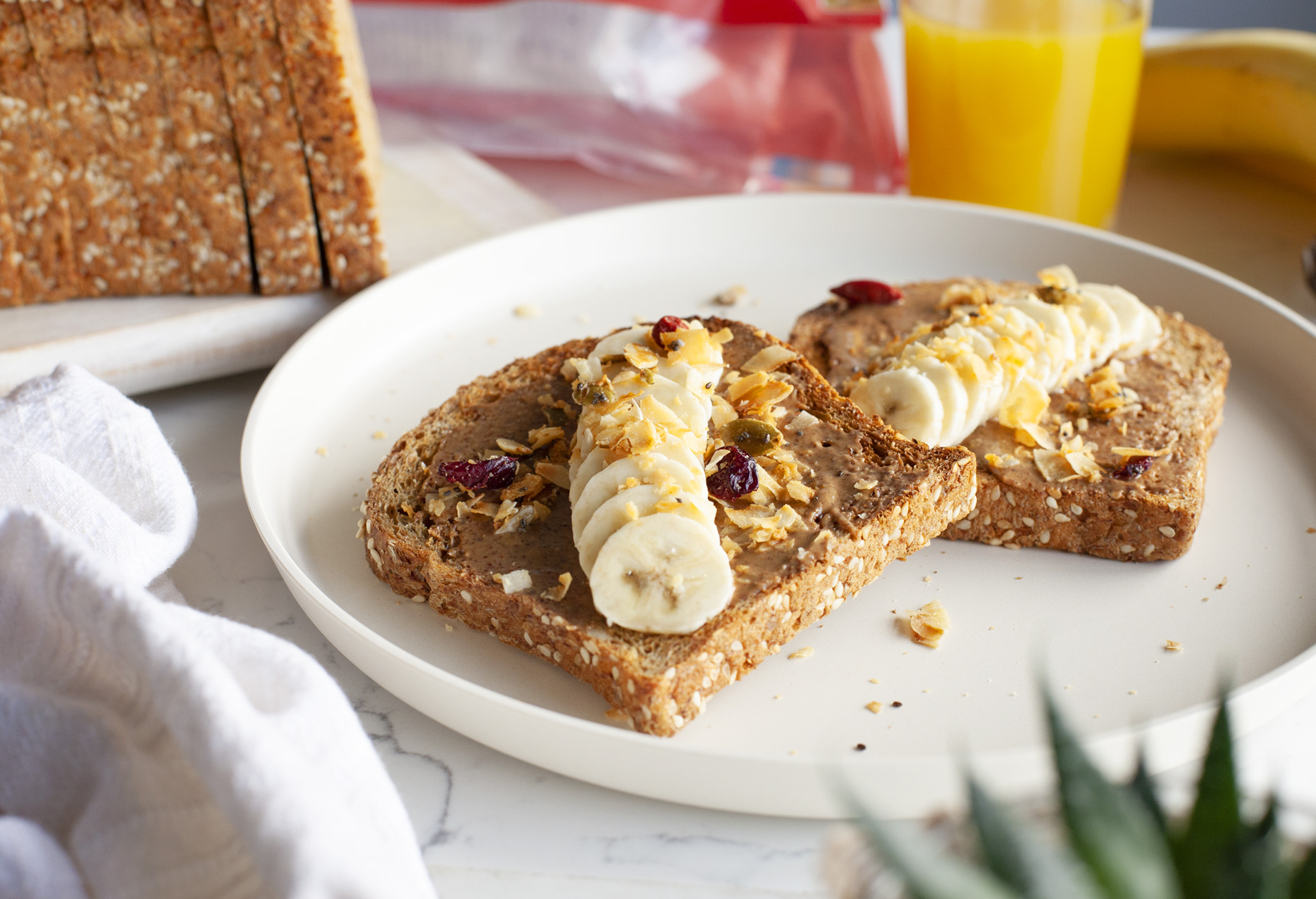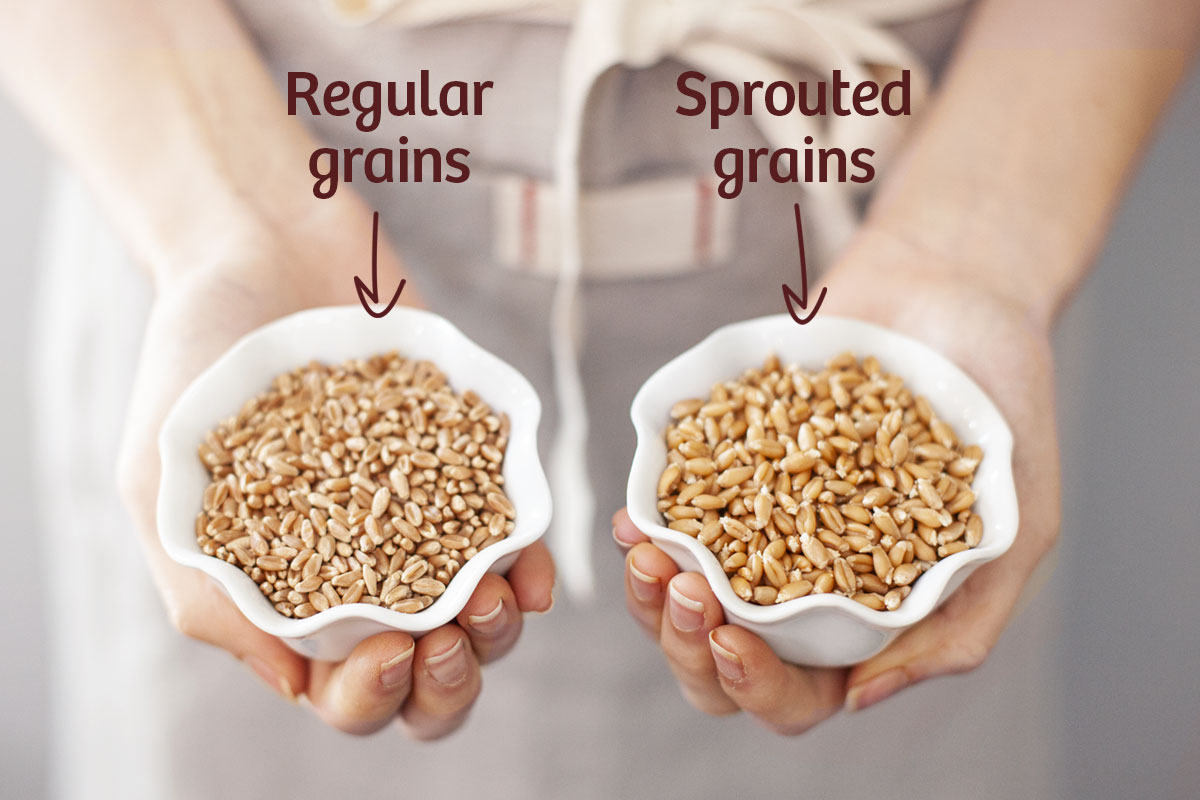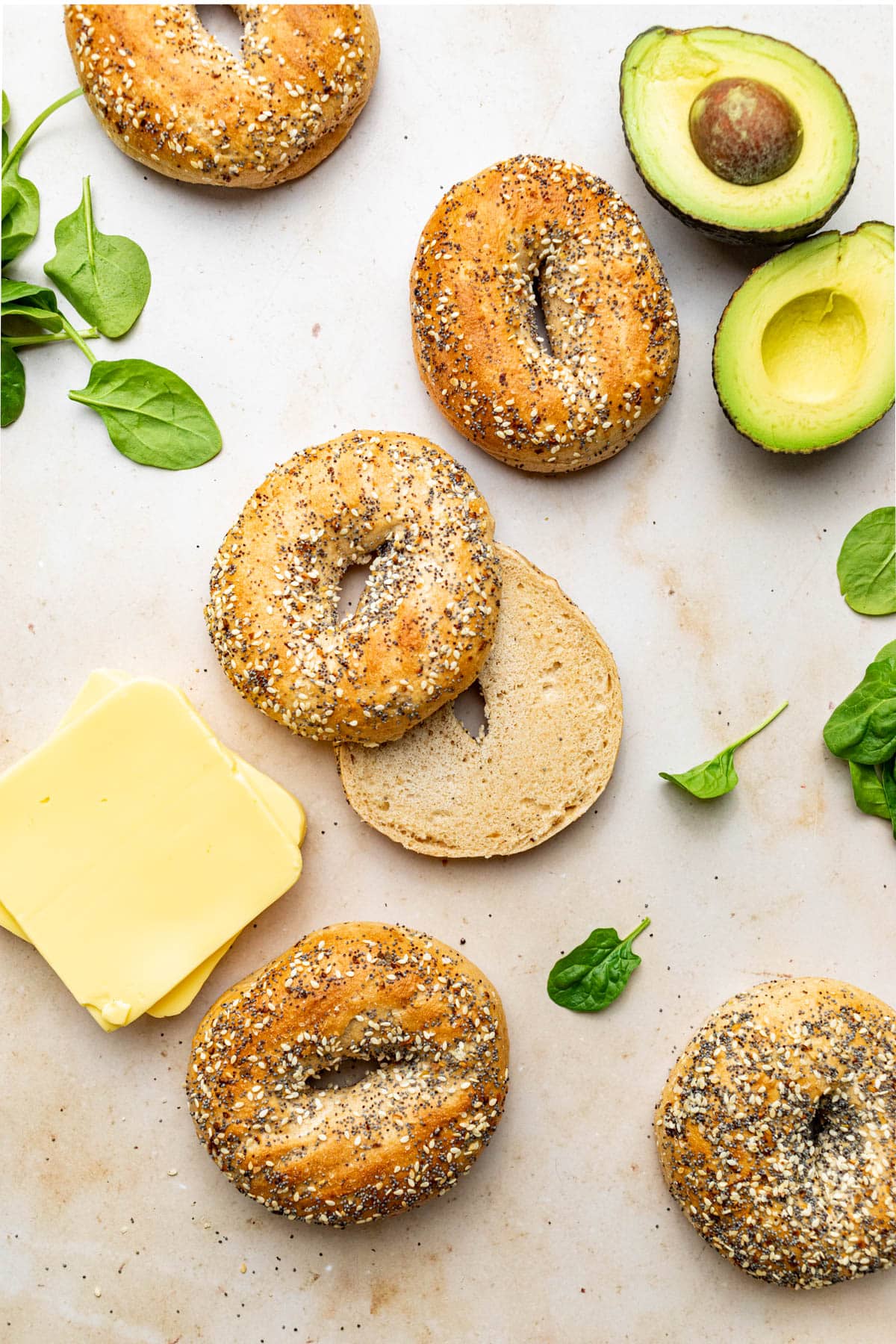Article How Sprouting Unlocks Powerhouse Nutrients
Naturopath Dr. Neil McKinney's perspective on how sprouting makes whole grains more nutritious
June 29, 2016
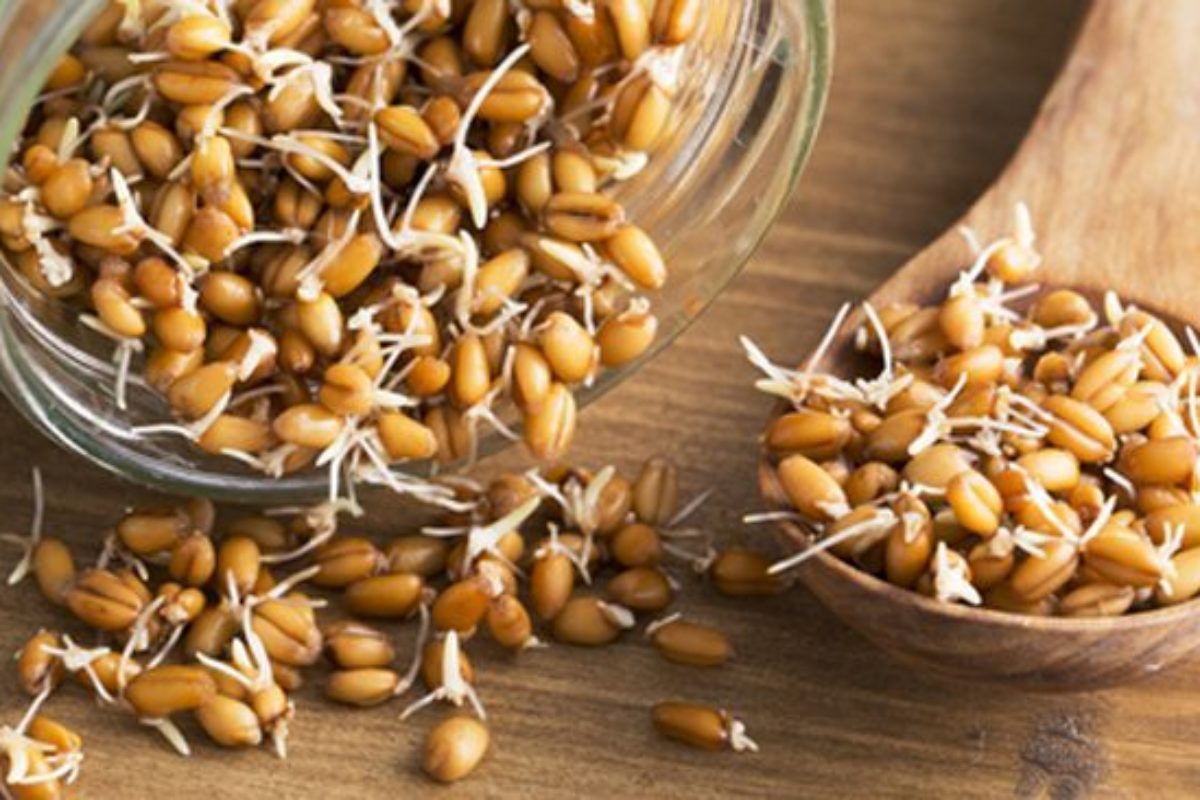
Dr. Neil McKinney
“After 28 years of clinical experience, I have seen hundreds of patients who could not tolerate wheat, yet are able to enjoy bread made from sprouted wheat.”
A grain of wheat is a miracle of life, able to lay dormant until planted and watered, when it will spring into action and transform into a healthy, living plant. When we sprout our grains, we transform a dormant food into one full of life and vigour.
There are all sorts of nutrients stored up in a grain – sugars, proteins, mineral, and vitamins. However, most are tightly bound within the kernel to withstand the time between growing seasons. When sprouted, the grain mobilizes its stored nutrients into action. Our bodies can take advantage of the grains built-in capacity for self-digestion and healthy metabolism by first letting it sprout and come to life before turning it into a minimally-processed food that is easier to digest.
Sprouting grain makes healthful phytonutrients much more bio-available to humans. There is a rapid rise in vitamin C, carotenoids and B-vitamins as grains sprout. Sprouting also unleashes enzymes which are proteins that trigger biochemical reactions that result in increasing the food value of the grain. Sugars which are virtually indigestible in ordinary flour milled from grain that has not been sprouted, are made digestible when the wheat is sprouted. This is why some individuals who feel bloated from ordinary bread can comfortably consume sprouted wheat bread.
Many people are concerned about the glycemic index or “sugar-load” of bread, and the effect this has on insulin levels, appetite and weight gain. Modern dwarf wheat varieties contain amylopectin A which causes a rush of sugars into the blood when eating products made from wheat, such as whole wheat bread. This is because the wheat plant naturally stores sugars in this handy form so it can unleash this energy when it needs it to sprout into a young plant. As a result, it is only by sprouting that this wheat can realize its full-potential as human food without the accompanying rush of blood sugar. In the sprouting process, enzymes are “turned on” which quickly use up this reserve before we ingest it.
A limiting factor for our bodies getting at the true natural goodness in the grains is phytic acid that is stored in the bran. This indigestible substance binds up and renders unavailable important mineral nutrients such as iron, calcium and zinc. Sprouting the grain breaks down phytic acid, making a healthful food that provides more of these essential minerals.
Sprouting wheat also releases many antioxidant compounds, protective nutrients which have benefits such as reducing the risk of colorectal cancer. In my practice, which is focused on cancer care, I am constantly prescribing sprouted whole grain breads and cereals to my patients as part of a healthy diet. I prefer these to be organic, free of preservatives and chemicals, left whole, minimally processed, and for all the other ingredients to also be wholesome. I will even ask patients to make wheatgrass juice from sprouted wheat. Sprouted wheat is a beautiful food – digestible, nutritious, and delicious.
People with celiac disorder lack the enzyme to break down gluten, a grain protein. Ingestion of wheat by a person with celiac can provoke mild to severe gut reactions, even leading to disease and gross malnutrition. But what the plant makes, it can also take away. Sprouting activates an enzyme that naturally decreases gluten levels, enough to allow many people who are mildly sensitive to enjoy good whole-grain bread products again.
I have 28 years of clinical experience with all forms of wheat allergy, sensitivity and intolerance. I have seen hundreds of patients who could not tolerate wheat, yet do very well enjoying sprouted whole wheat breads. I am not advocating giving any form of a potential allergen to a person who has had an anaphylactic shock reaction to grains, except under direct medical supervision. Fortunately almost all wheat reactions are not so acute, and sprouted wheat is tolerable by all but the most extreme cases.
Whatever the factor was in the wheat that was bothering them previously seems to be reduced or gone once the grain has sprouted. It is quite remarkable, but with just a few hours of soaking and sprouting, this little seedling makes itself more compatible to digestion by other life forms. Chronic migraines, irritable bowel syndrome, bloating, eczema, and asthma are examples of reactions reliably provoked by wheat intake, yet in my experience are absent if the wheat has been sprouted.
Whole grains are a healthy food once they’ve been sprouted. Unlocking their dormancy switch transforms the little grain into a powerhouse of life-building nutrients. This naturally advanced form of the wheat kernel is a positive force for health, tolerable and digestible even for those who have been told they cannot or should not eat wheat. Bread has become an industrial product with a dark shadow of fear and guilt. Thanks to the mysterious gift of life known as sprouting, we can tolerate, digest and enjoy the nutrition, natural sweetness and delicate flavour of sprouted wheat breads.
Dr. Neil McKinney has been a practicing naturopathic physician licensed to practice naturopathic medicine in the Province of British Columbia since 1985. He leads a team of Naturopathic Doctors at the Vital Victoria Naturopathic Clinic in Victoria, BC.
Beyond 101:
Read Our Top Articles on Sprouted Whole Grains
Take your learning of sprouted whole grains to the next level. We’ve curated our best articles to help you understand how supporting your health and wellness can start with something as small as choosing a slice of sprouted bread for your morning toast or lunchtime sandwich.
